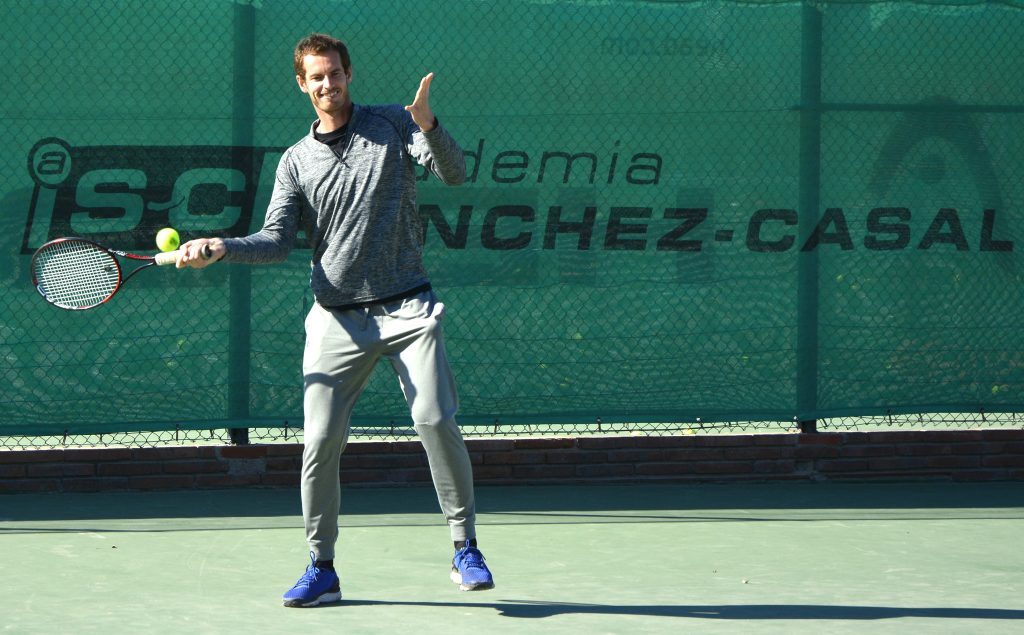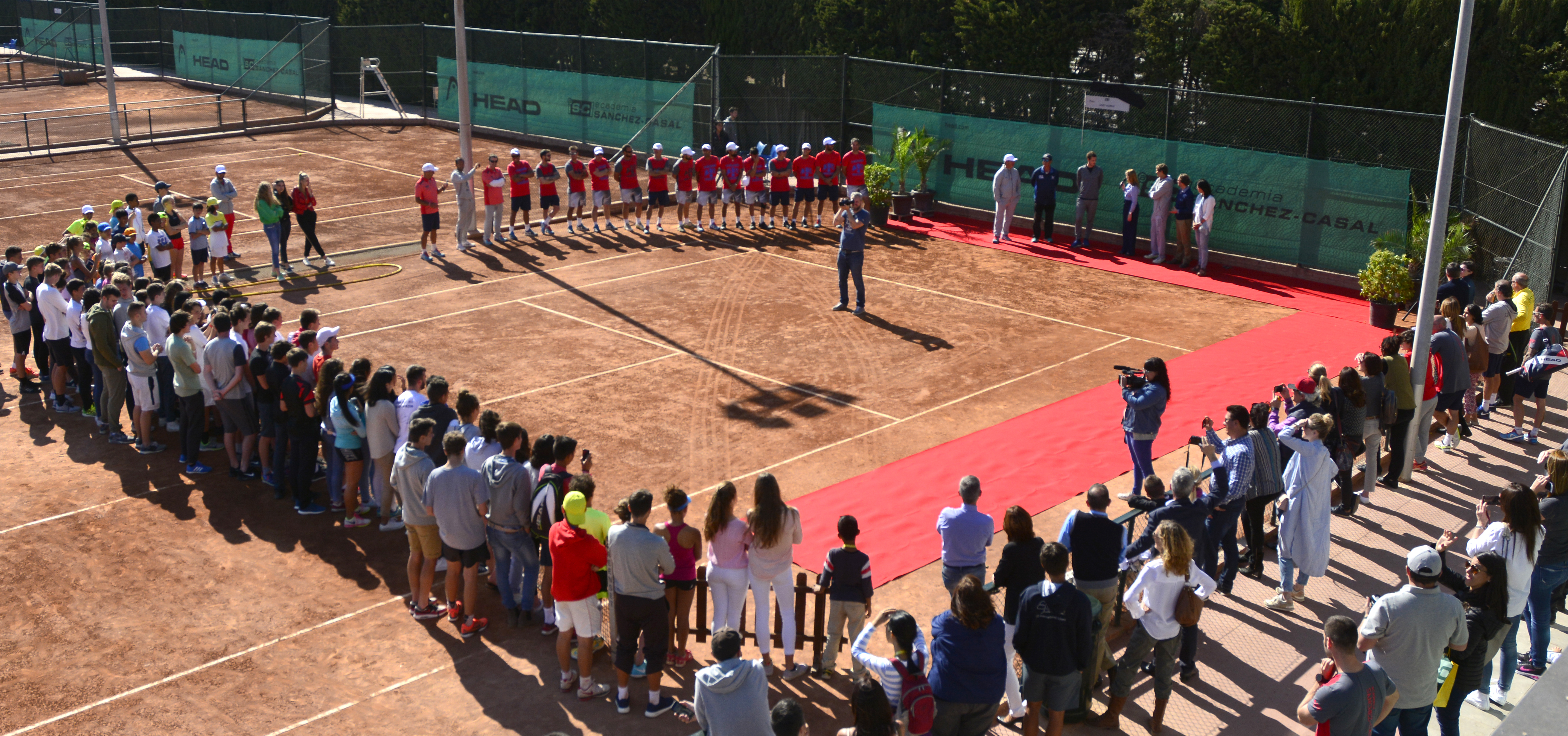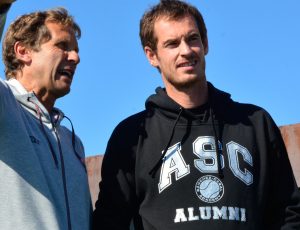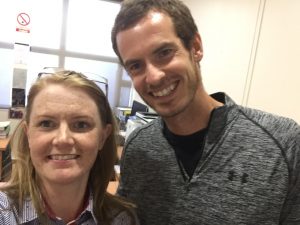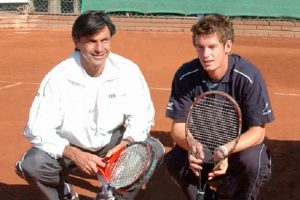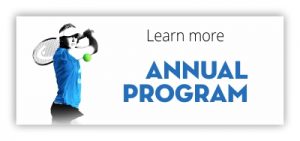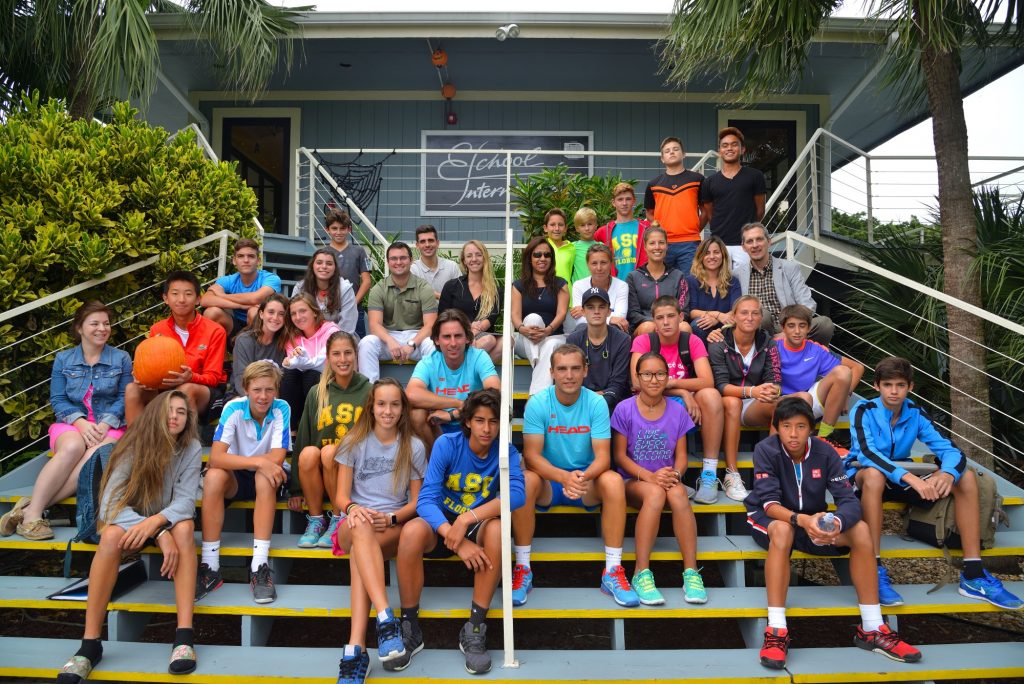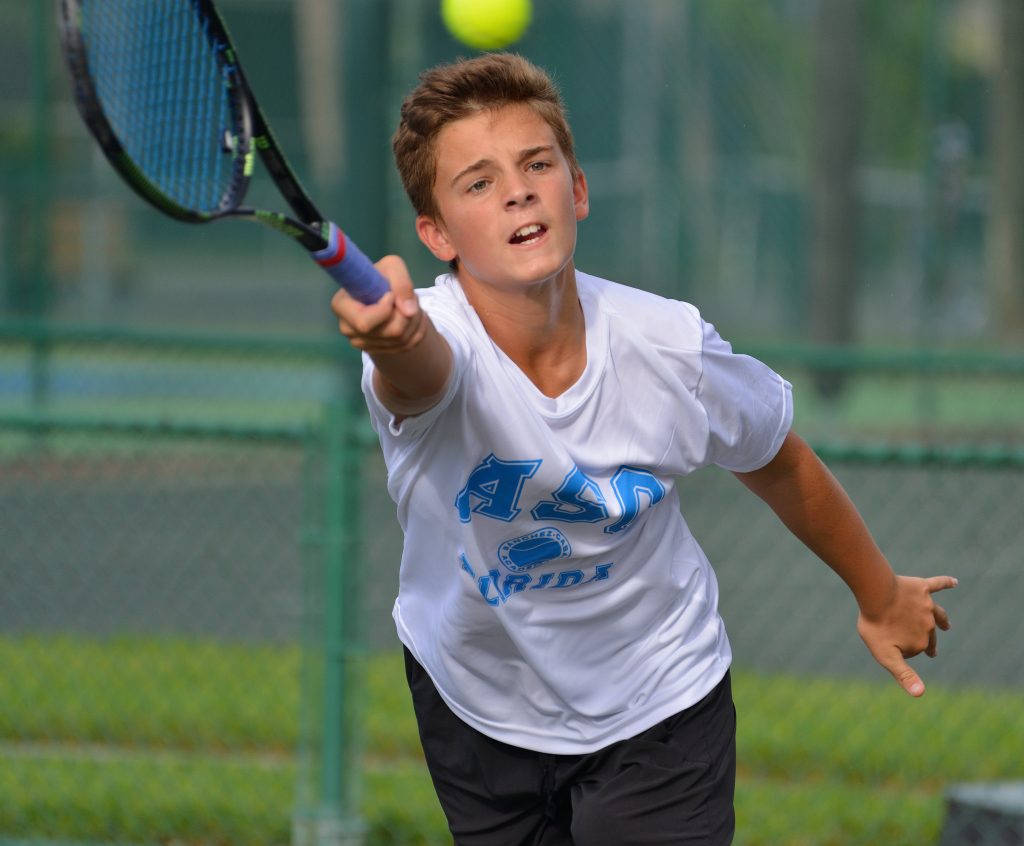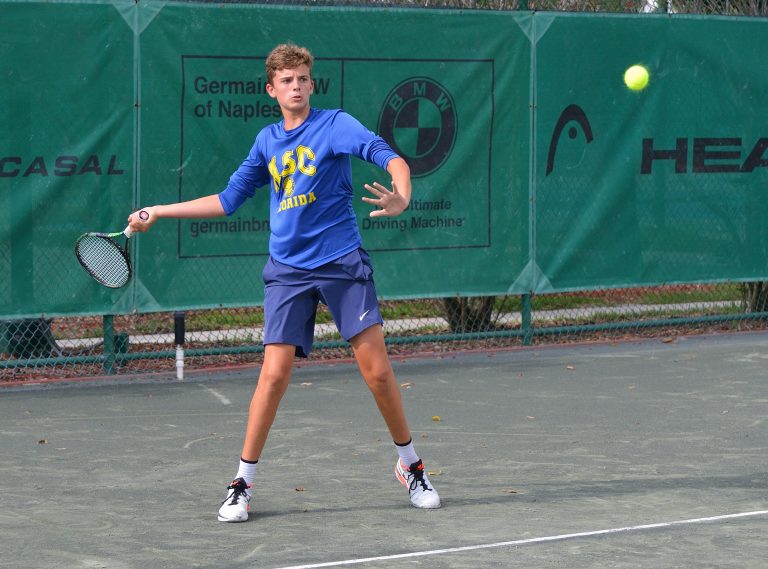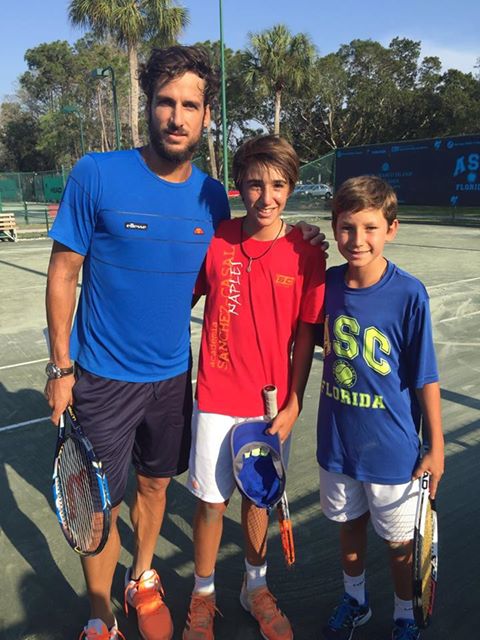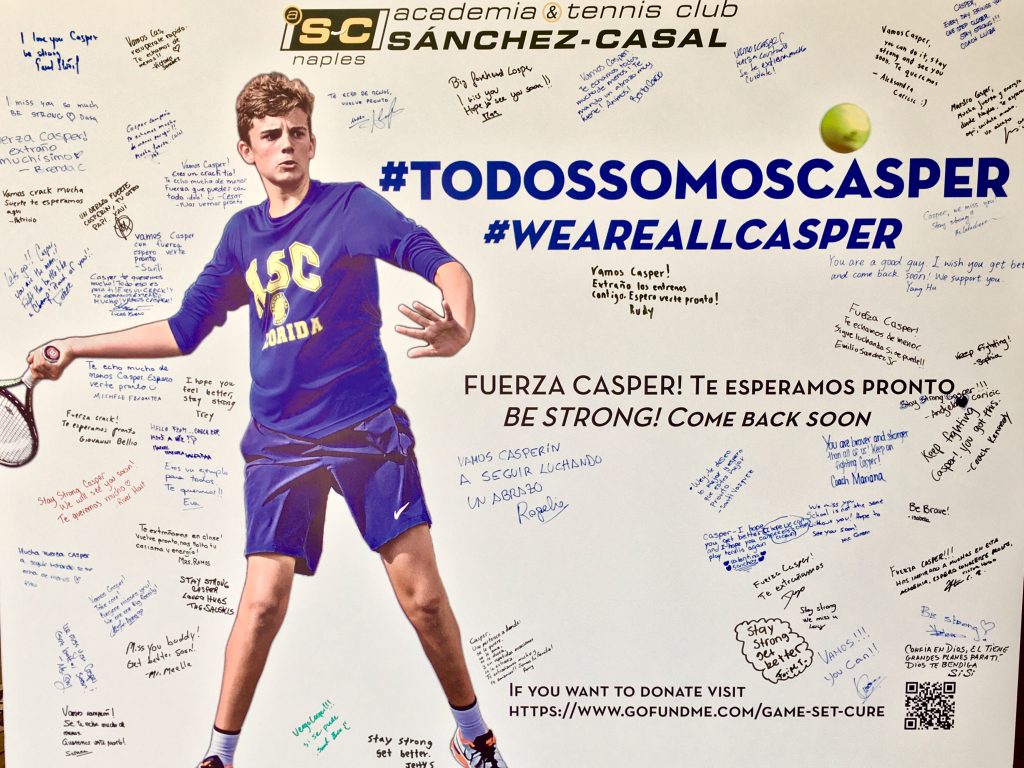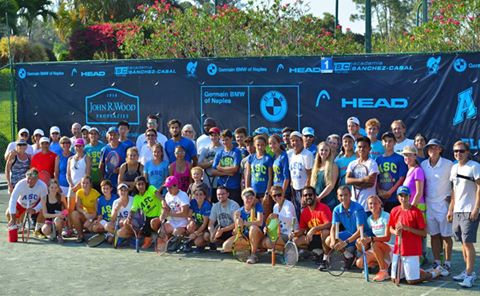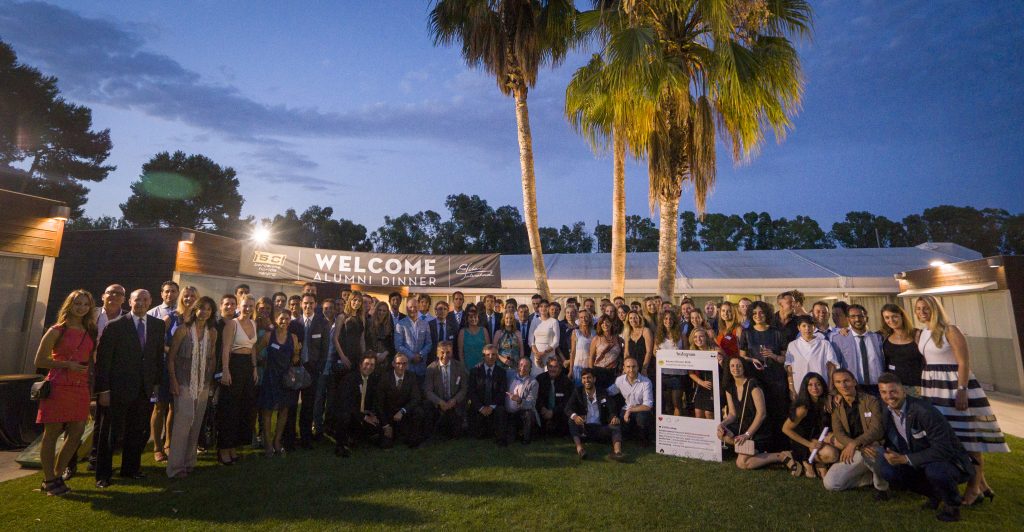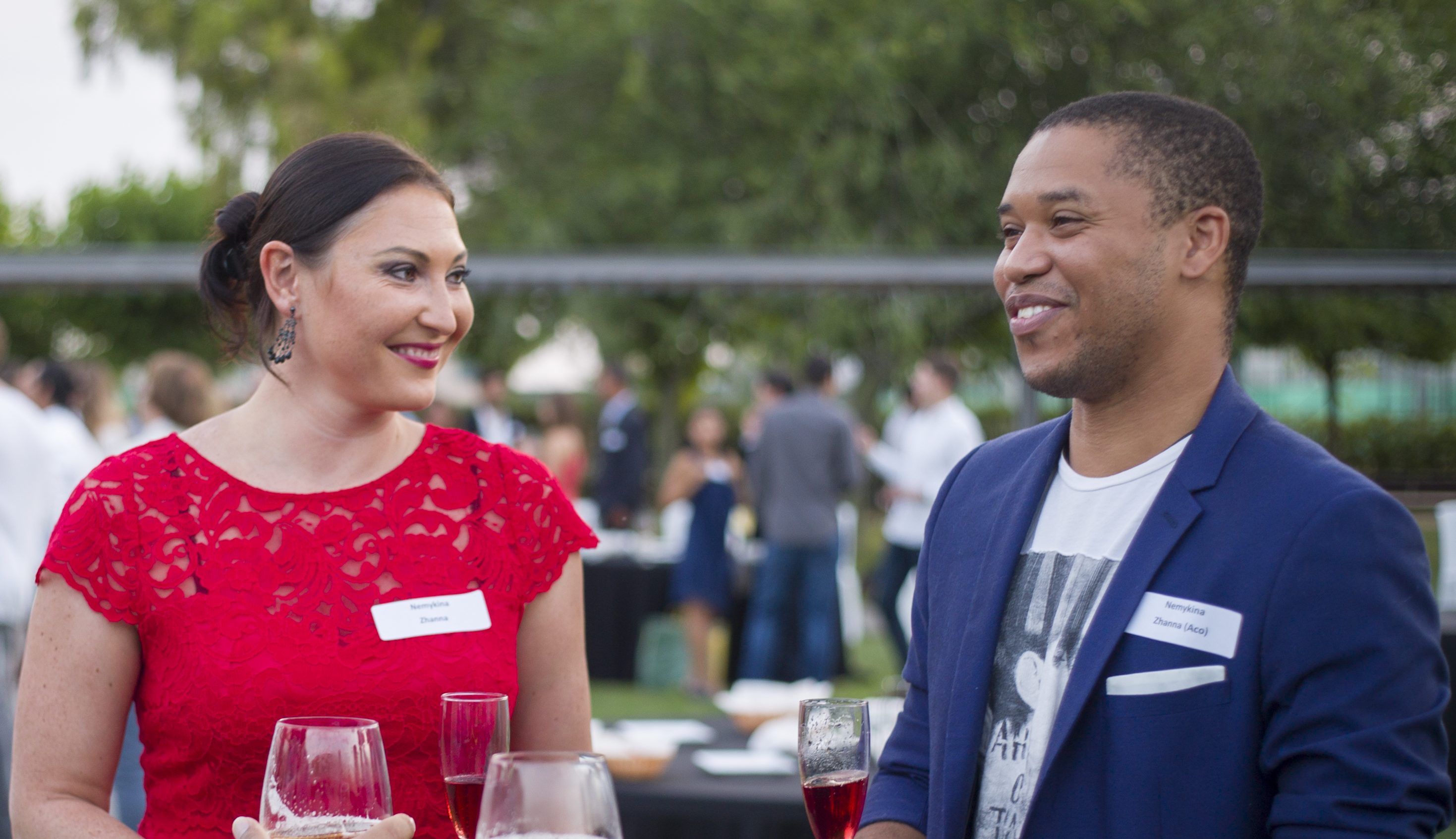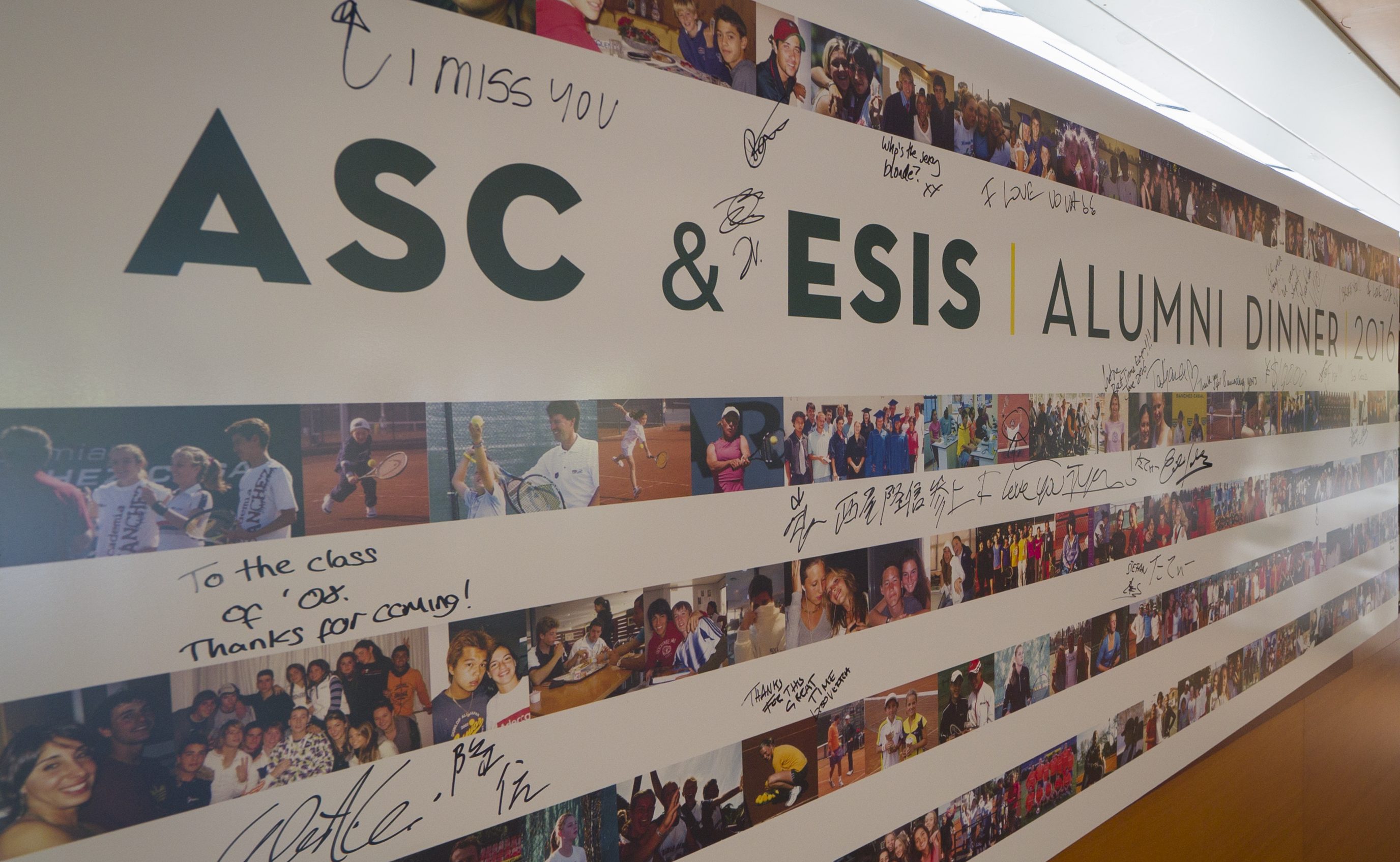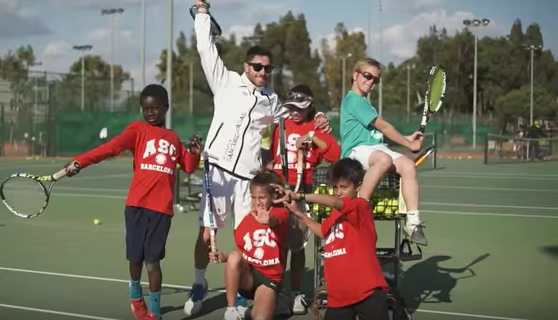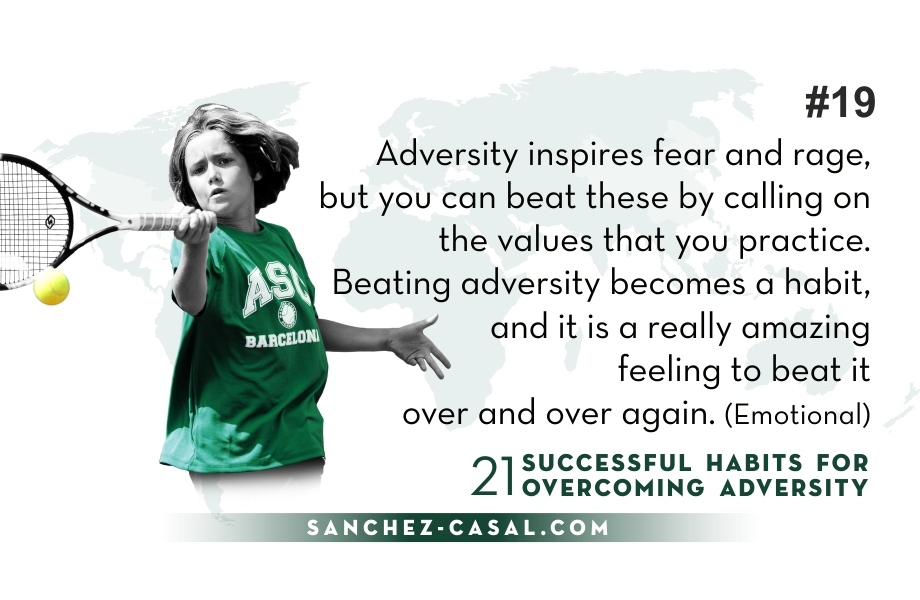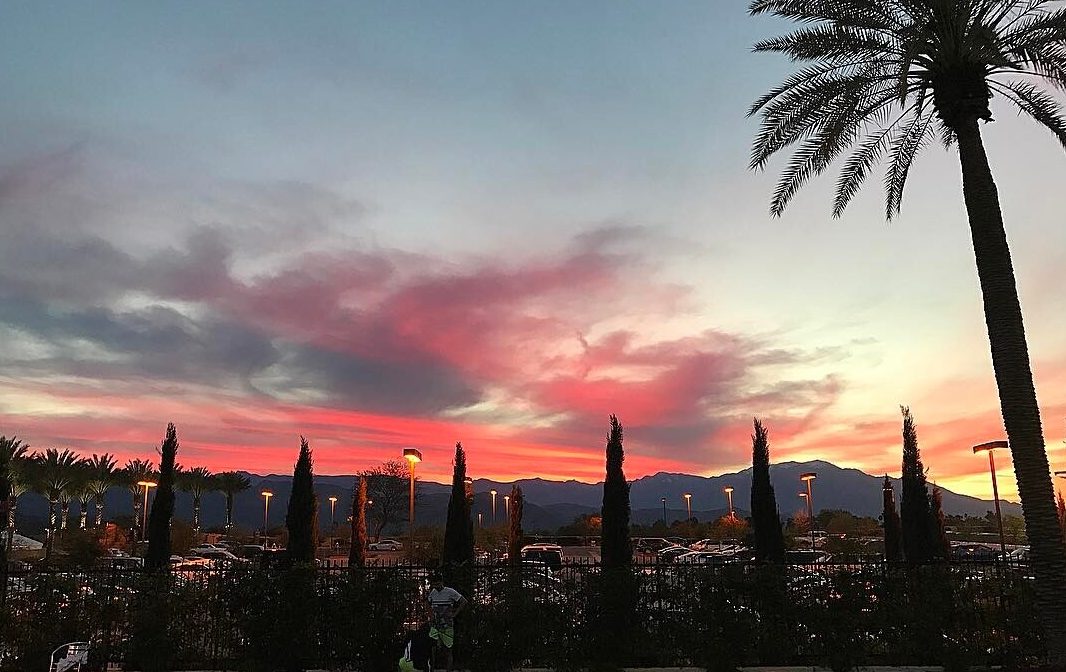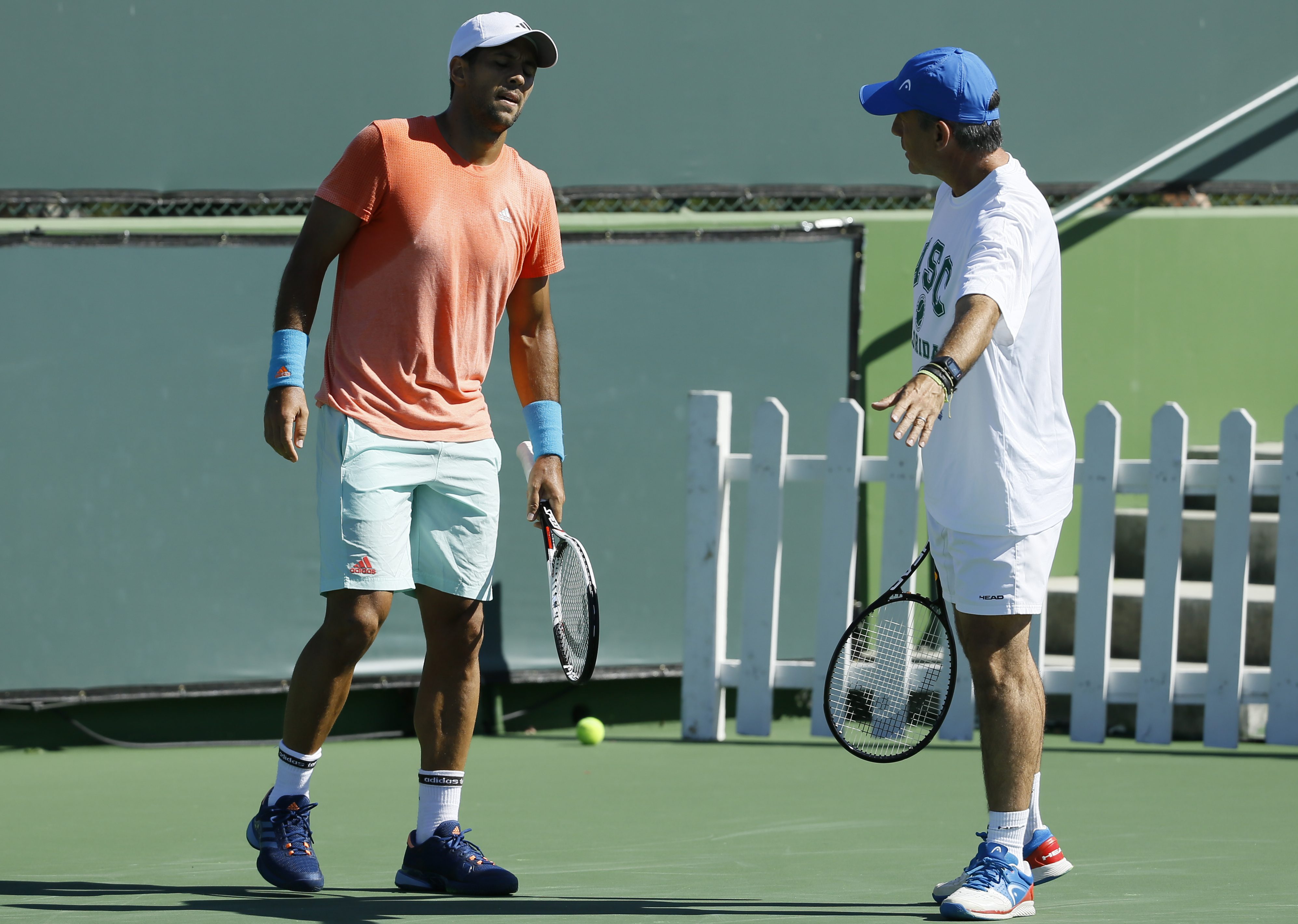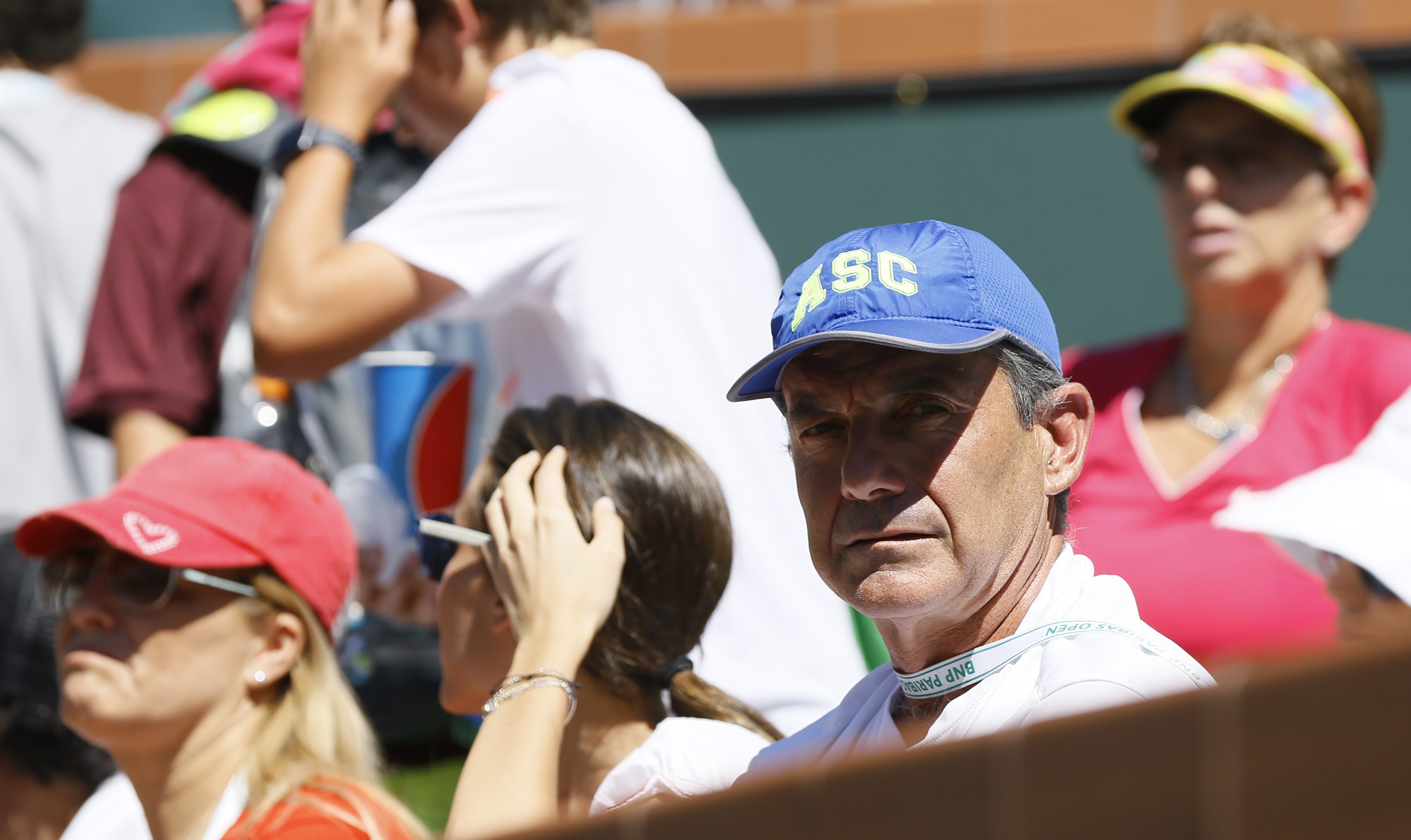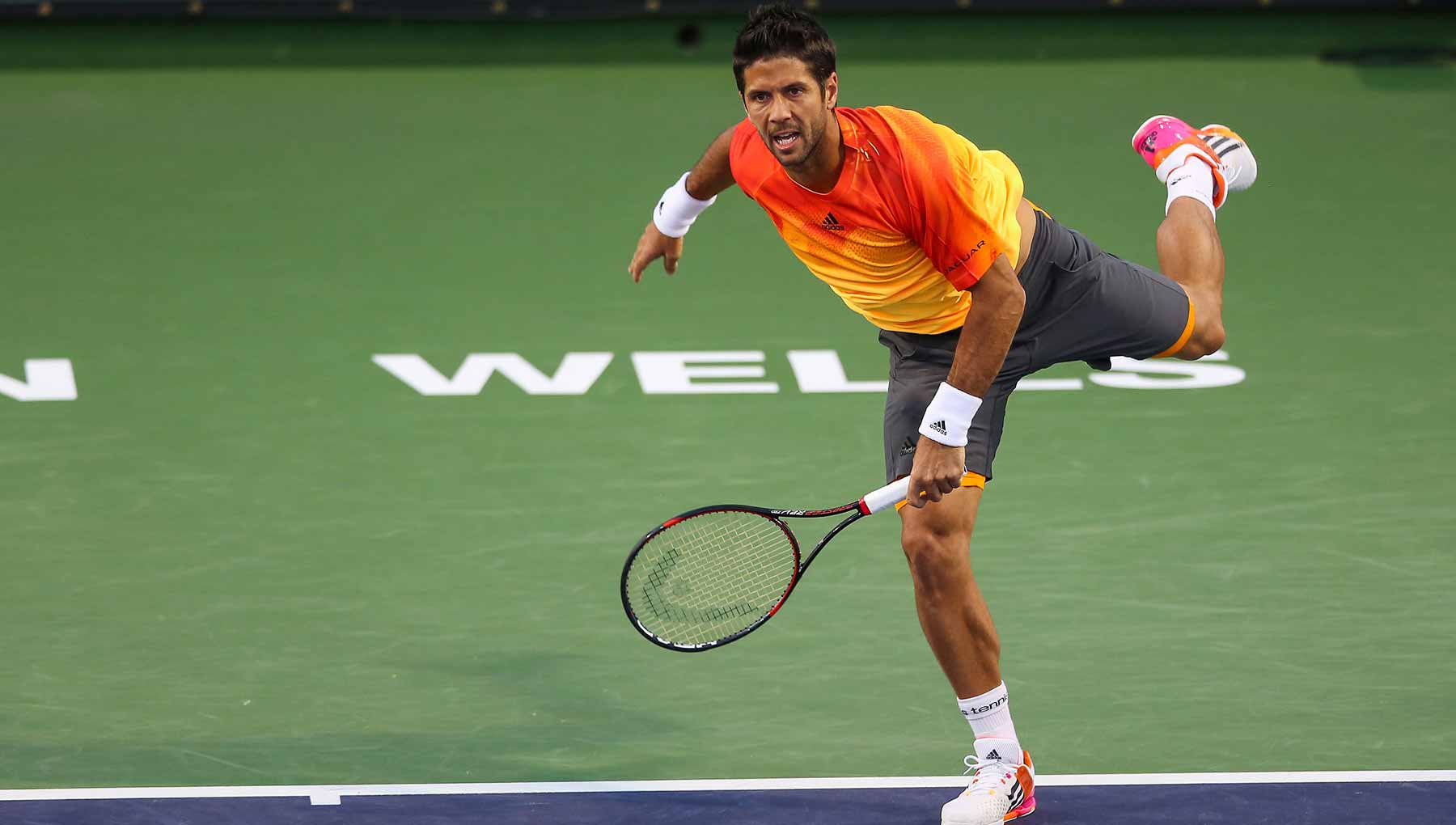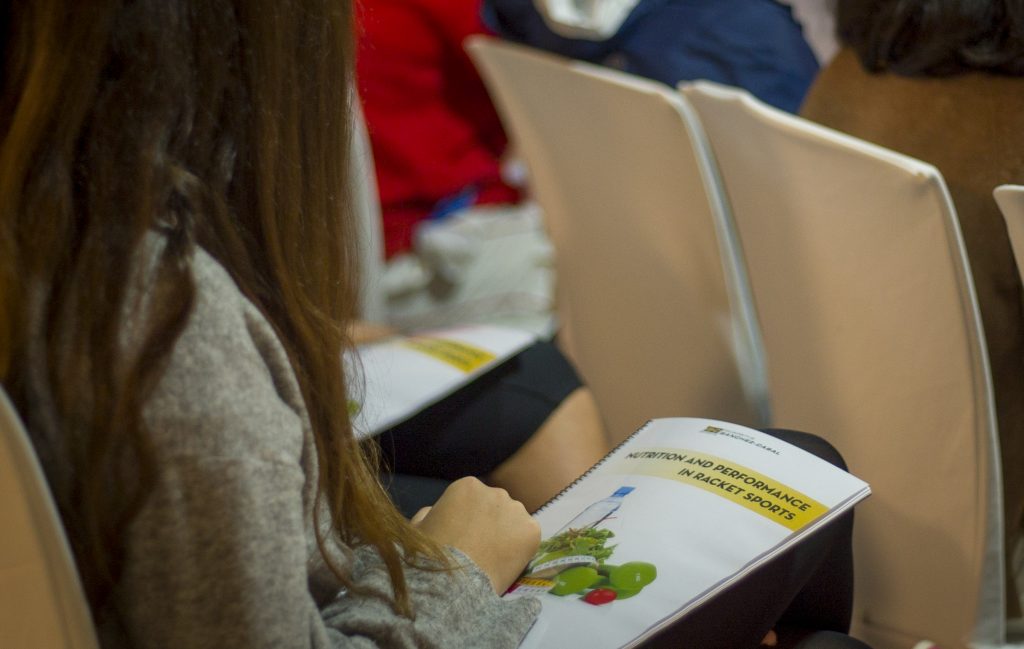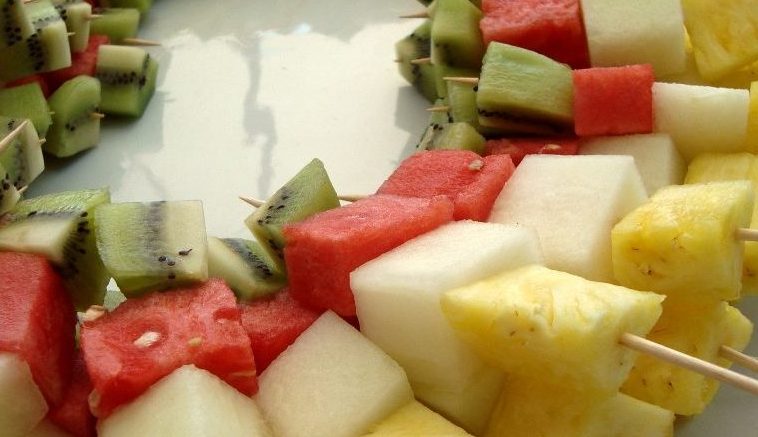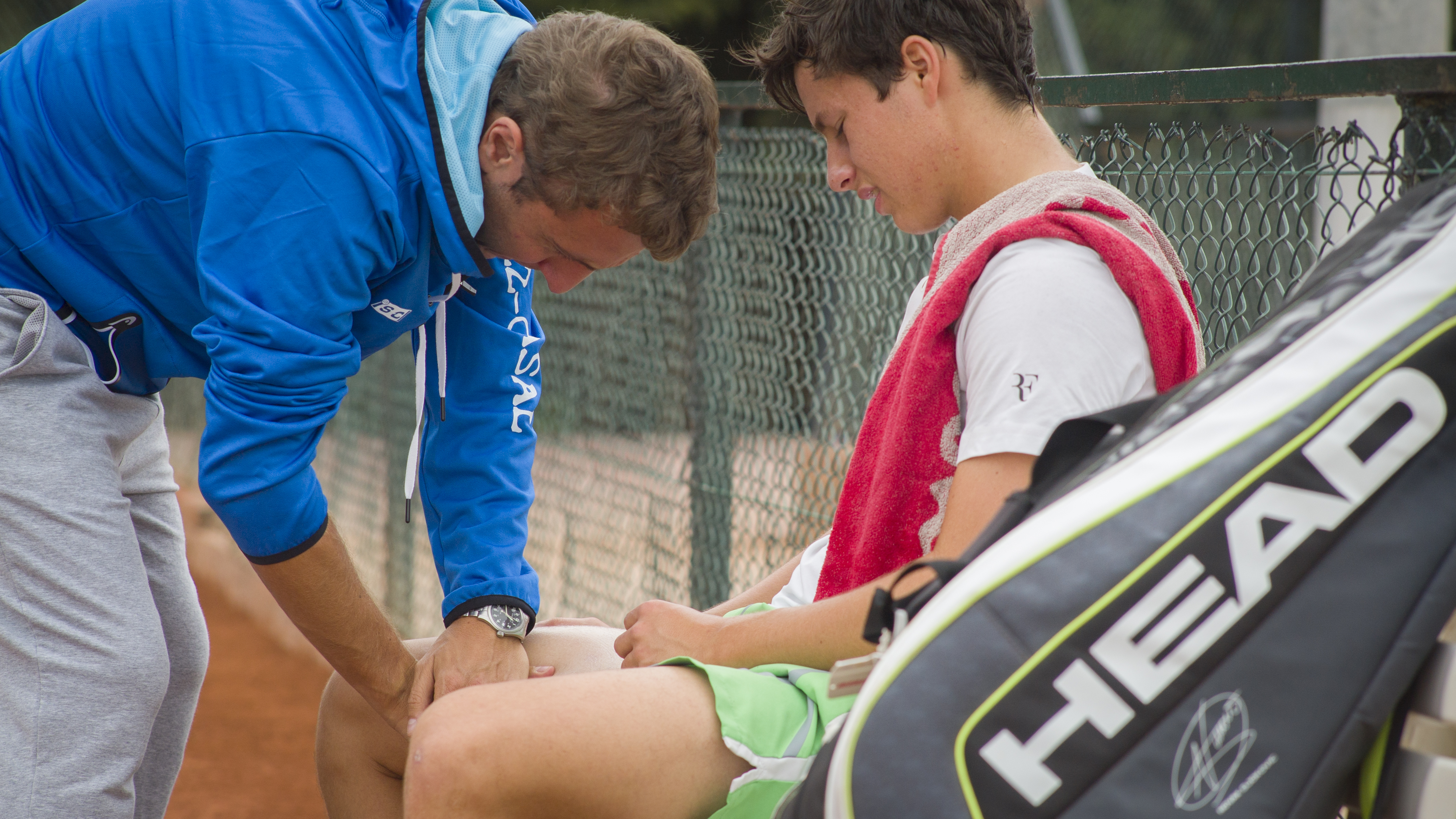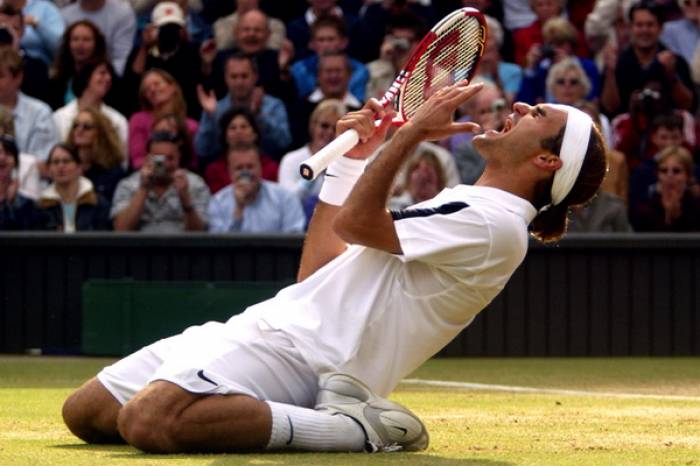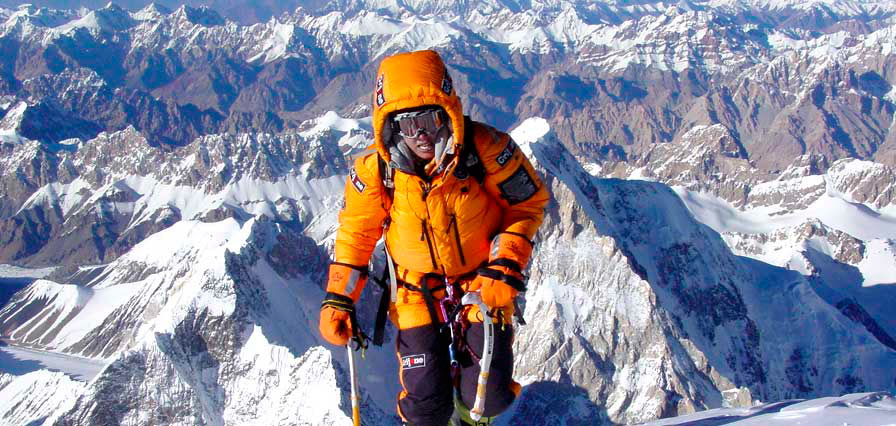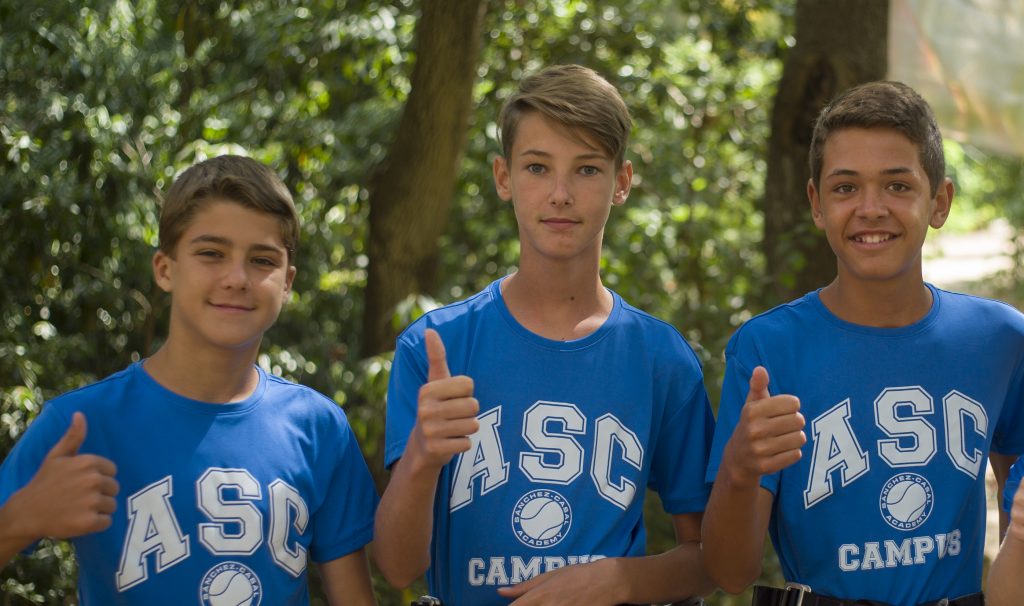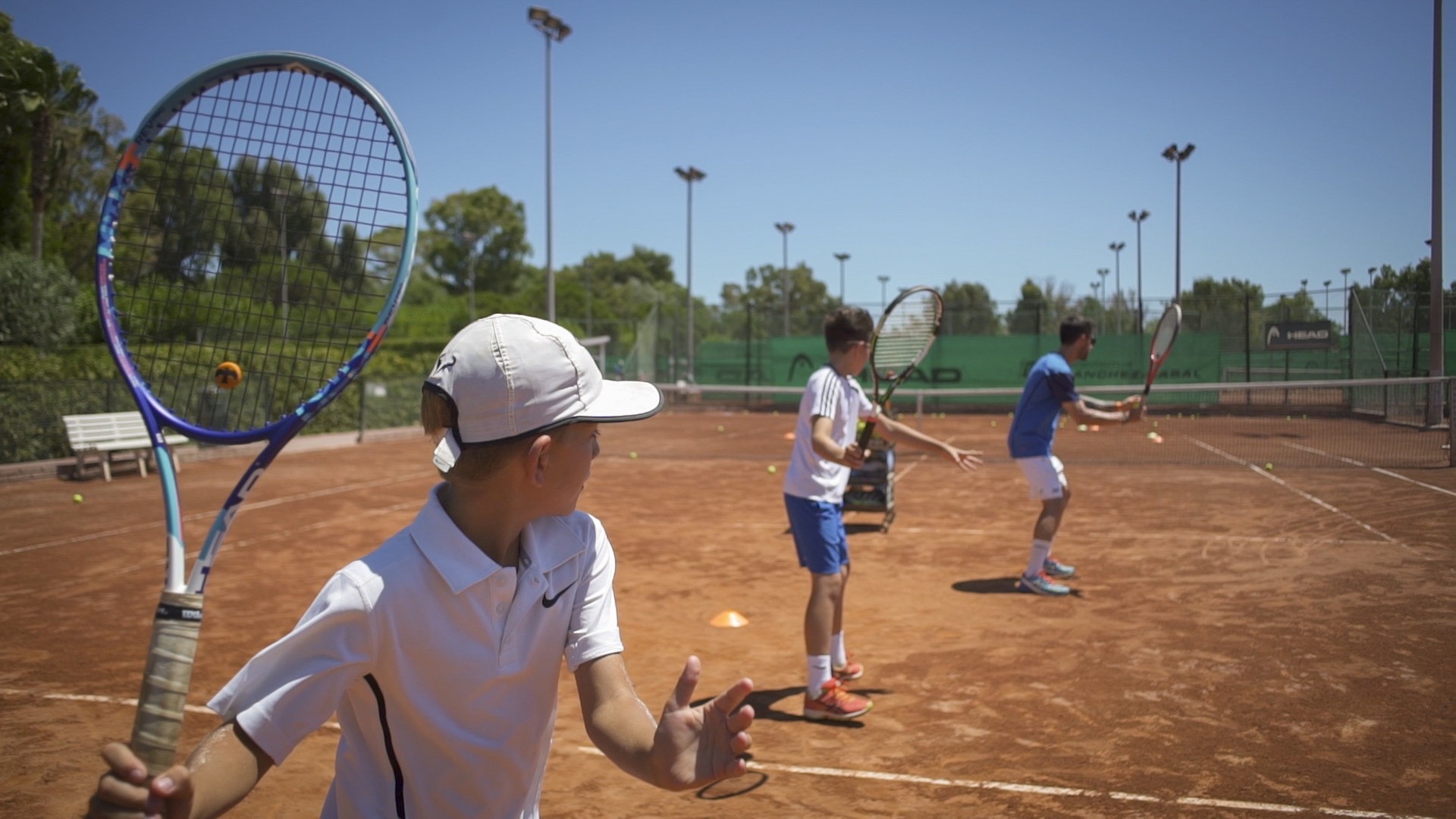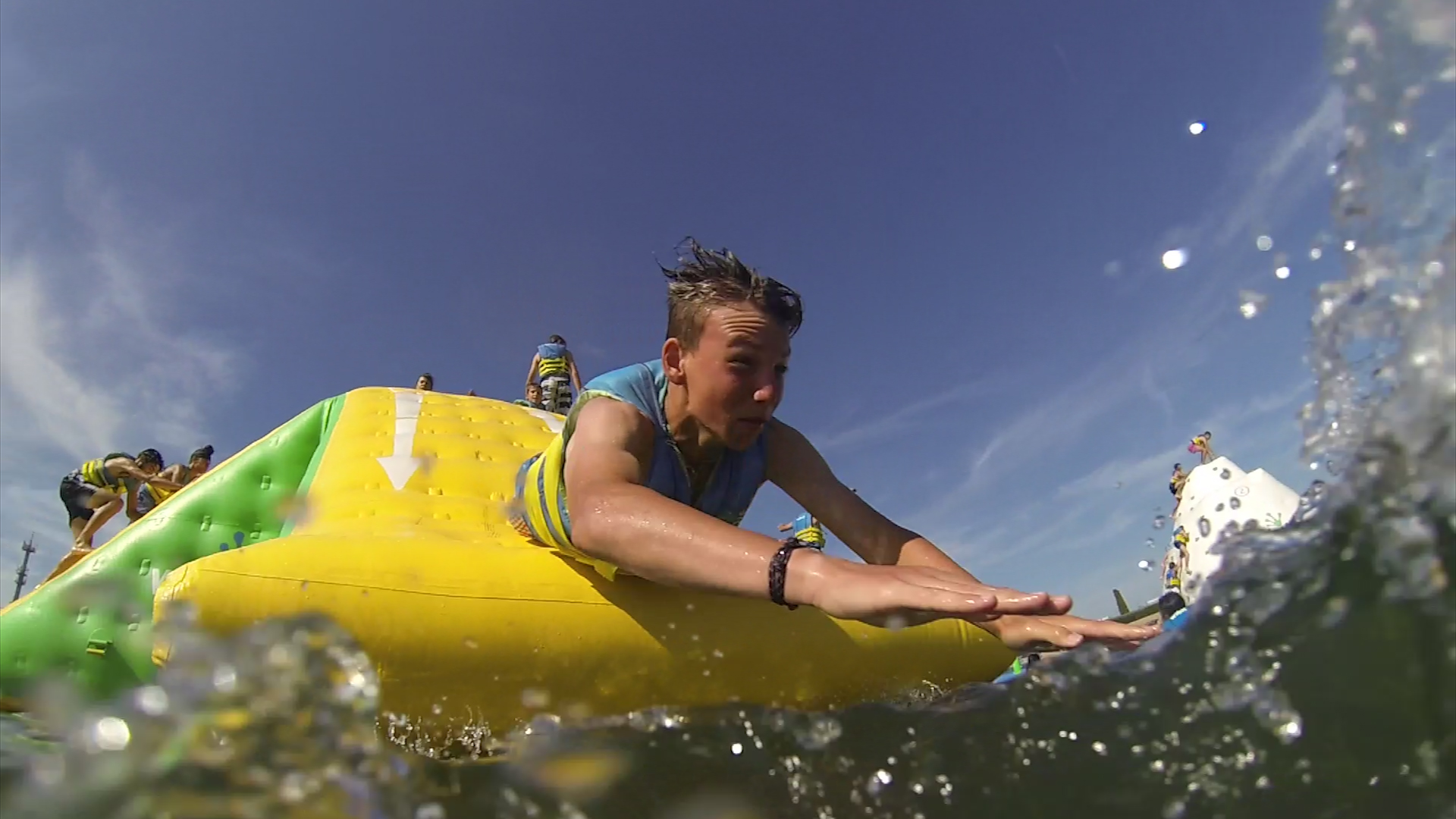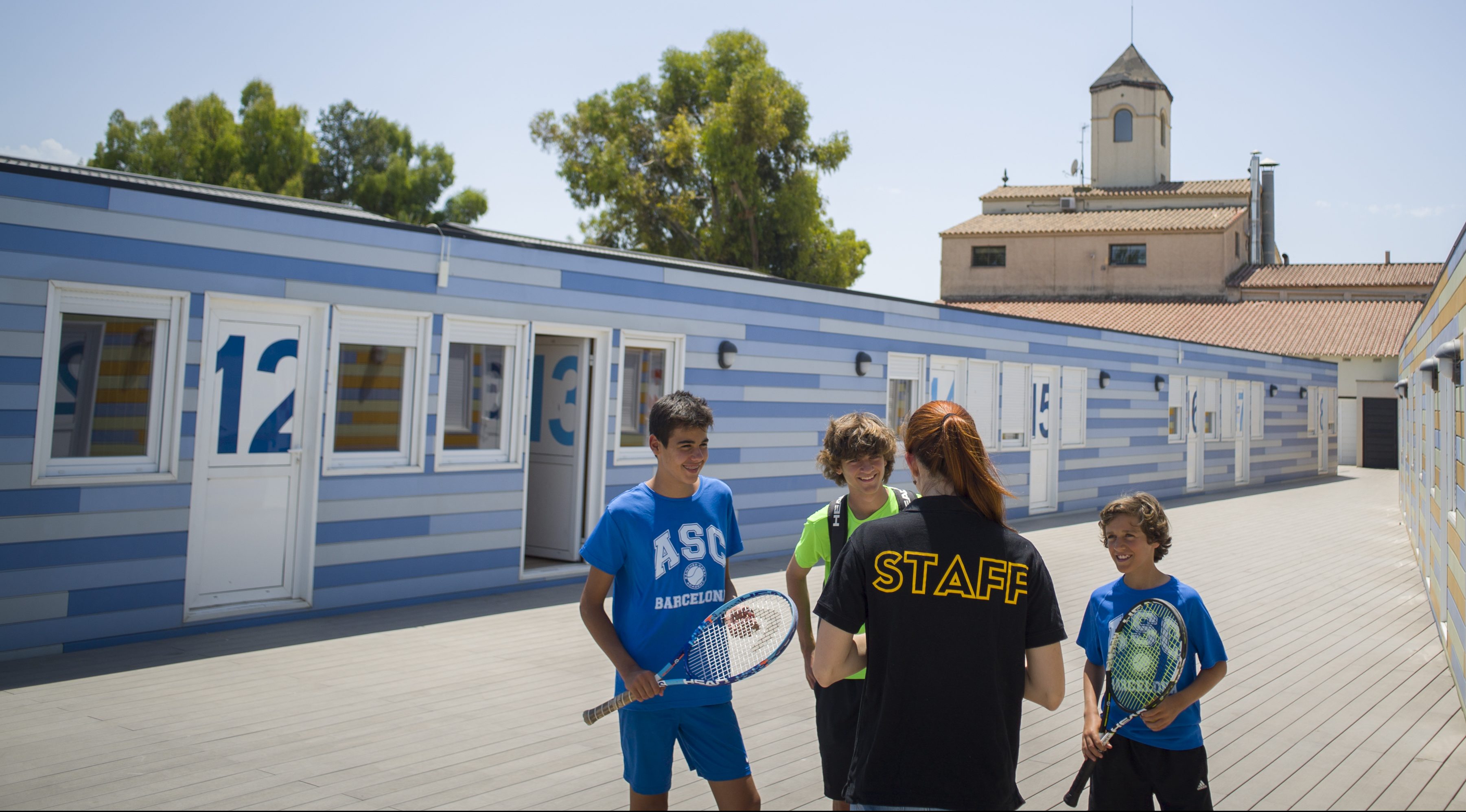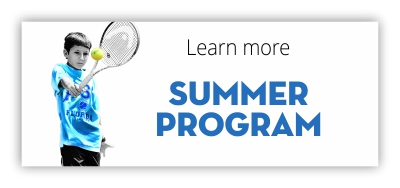By Susana Zaragoza, Online Marketer at Academia Sánchez-Casal in Naples, Florida
“Believe in your abilities, be humble, but also be hungry for success”.
“I hope this tournament will help young players to have their chance to compete” Svetlana Kuznetsova.
The Sánchez-Casal Academy is currently holding the Svetlana Kuznetsova Cup series, a $25,000 Women’s Pro-Circuit tournament held over two weeks. The series made its debut last week with a highly competitive draw, including rising stars Taylor Townsend, ranked No. 134 in the word, Kayla Day (WTA No. 143), and Samantha Crawford, once ranked No. 98 in the world. It marks the first time that a women’s tennis event of this level has been held in Southwest Florida.
The series was named after Svetlana Kuznetsova, honouring the world No. 8 tennis player who trained and studied at the Sánchez-Casal Academy for 10 years.
Sveta arrived at Sánchez-Casal when she was 14 years old. She mastered her game quickly, reaching World Juniors ITF No. 1 in just two years. After transitioning from Junior to professional level, she won the US Open in 2004, 9 WTA Singles tournaments, 13 Doubles tournaments, as well as 3 Fed Cups with the Russian national team.
The Russian player is deeply loved by the ASC team of coaches, teachers and alumni.
ASC CEO and founder Emilio Sanchez explains about her:
“Svetlana is a great player, but first and foremost she is a good person. She’s humble, affectionate, faithful and hardworking. I always had a special empathy with her. However, what inspired me the most about her were her strokes, her tennis style, and especially the way she confronted adversity in tennis and life.”
“Sveta has always been thankful to the Academy and also with her tennis partners, friends and specially with me. I love her a lot. And on top of that, she’s been the pro player that has stayed the longest at Sanchez-Casal, almost 10 years”
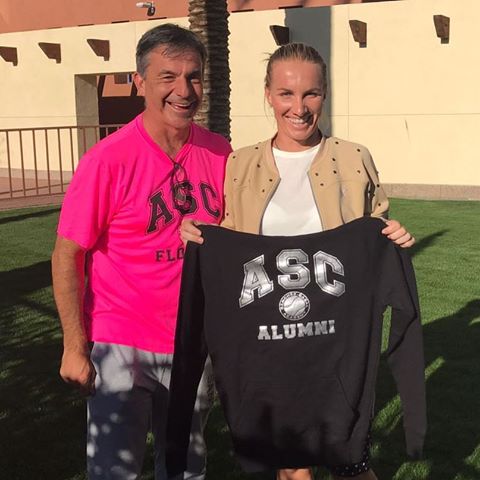 That’s why when Academia Sanchez-Casal was granted two ITF / USTA Women’s Pro-Circuit tournaments, with a total prize money of $50,000, it came easily to the ASC team to give the series the name of the WTA player, as a recognition of her role in professional women’s tennis and also to offer an inspirational model to the tournament players.
That’s why when Academia Sanchez-Casal was granted two ITF / USTA Women’s Pro-Circuit tournaments, with a total prize money of $50,000, it came easily to the ASC team to give the series the name of the WTA player, as a recognition of her role in professional women’s tennis and also to offer an inspirational model to the tournament players.
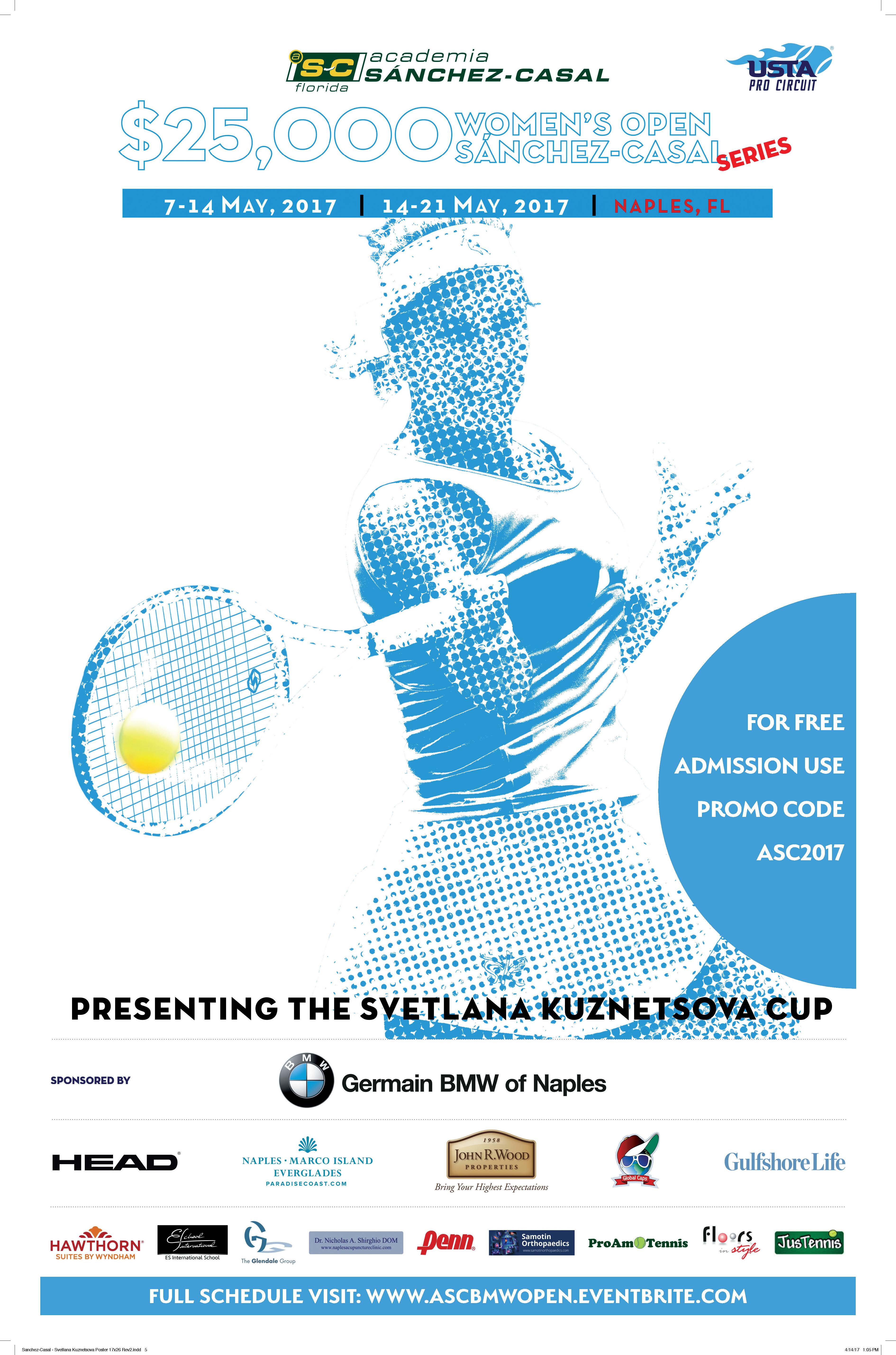 We chatted to her during a break at the Mutua Madrid Masters, where she reached the semi-finals after winning against Canadian player Eugenie Bouchard, 6-4, 6-0. We asked her about her views on women’s tennis, professional tennis, and her tennis background as a junior:
– What do you think of issues around women’s tennis? What could be done to give it more visibility?
I think that every year women’s tennis is getting stronger. All female players are preparing more than before. Everyone is very fit and working hard. I think that women’s tennis is getting more and more popular.
– You entered the ITF Circuit in 2000. What advice would you give to young tennis players that are in the same position right now, competing in the tournament?
I would say to young players: “Believe in your abilities, be humble, but also be hungry for success”.
-You reached a No. WTA career high in 2006, then had a major comeback, entering the top 10 again in 2016. What are your training and competition routines?
My routines have become more and more simple.
The most important thing is to listen to your body and see what’s works the best for you.
Before a match, I just need my body and mind to get going – and to take a fresh approach to the game.
– What victory do you remember the most?
My favourite memories are definitely winning the Grand Slams and Fed cups representing my country.
What are your memories of your training at the Sánchez-Casal Academy?
I was very little when I came to the academy (ASC). Being there helped me to work on my game, and taught me so many other lessons. I also learnt Spanish.
The Sánchez-Casal Academy is strongly committed to promoting and raising awareness of women’s tennis, and to providing equal opportunities in tennis, and in life. We are equally thrilled to host this two-week women’s tennis tournament and to name it after a role model in the sport. Good luck to all players and thank you Svetlana for all your support!
Susana Zaragoza, Online Marketer
Sánchez-Casal Academy, Florida
We chatted to her during a break at the Mutua Madrid Masters, where she reached the semi-finals after winning against Canadian player Eugenie Bouchard, 6-4, 6-0. We asked her about her views on women’s tennis, professional tennis, and her tennis background as a junior:
– What do you think of issues around women’s tennis? What could be done to give it more visibility?
I think that every year women’s tennis is getting stronger. All female players are preparing more than before. Everyone is very fit and working hard. I think that women’s tennis is getting more and more popular.
– You entered the ITF Circuit in 2000. What advice would you give to young tennis players that are in the same position right now, competing in the tournament?
I would say to young players: “Believe in your abilities, be humble, but also be hungry for success”.
-You reached a No. WTA career high in 2006, then had a major comeback, entering the top 10 again in 2016. What are your training and competition routines?
My routines have become more and more simple.
The most important thing is to listen to your body and see what’s works the best for you.
Before a match, I just need my body and mind to get going – and to take a fresh approach to the game.
– What victory do you remember the most?
My favourite memories are definitely winning the Grand Slams and Fed cups representing my country.
What are your memories of your training at the Sánchez-Casal Academy?
I was very little when I came to the academy (ASC). Being there helped me to work on my game, and taught me so many other lessons. I also learnt Spanish.
The Sánchez-Casal Academy is strongly committed to promoting and raising awareness of women’s tennis, and to providing equal opportunities in tennis, and in life. We are equally thrilled to host this two-week women’s tennis tournament and to name it after a role model in the sport. Good luck to all players and thank you Svetlana for all your support!
Susana Zaragoza, Online Marketer
Sánchez-Casal Academy, Florida
 That’s why when Academia Sanchez-Casal was granted two ITF / USTA Women’s Pro-Circuit tournaments, with a total prize money of $50,000, it came easily to the ASC team to give the series the name of the WTA player, as a recognition of her role in professional women’s tennis and also to offer an inspirational model to the tournament players.
That’s why when Academia Sanchez-Casal was granted two ITF / USTA Women’s Pro-Circuit tournaments, with a total prize money of $50,000, it came easily to the ASC team to give the series the name of the WTA player, as a recognition of her role in professional women’s tennis and also to offer an inspirational model to the tournament players.
 We chatted to her during a break at the Mutua Madrid Masters, where she reached the semi-finals after winning against Canadian player Eugenie Bouchard, 6-4, 6-0. We asked her about her views on women’s tennis, professional tennis, and her tennis background as a junior:
– What do you think of issues around women’s tennis? What could be done to give it more visibility?
I think that every year women’s tennis is getting stronger. All female players are preparing more than before. Everyone is very fit and working hard. I think that women’s tennis is getting more and more popular.
– You entered the ITF Circuit in 2000. What advice would you give to young tennis players that are in the same position right now, competing in the tournament?
I would say to young players: “Believe in your abilities, be humble, but also be hungry for success”.
-You reached a No. WTA career high in 2006, then had a major comeback, entering the top 10 again in 2016. What are your training and competition routines?
My routines have become more and more simple.
The most important thing is to listen to your body and see what’s works the best for you.
Before a match, I just need my body and mind to get going – and to take a fresh approach to the game.
– What victory do you remember the most?
My favourite memories are definitely winning the Grand Slams and Fed cups representing my country.
What are your memories of your training at the Sánchez-Casal Academy?
I was very little when I came to the academy (ASC). Being there helped me to work on my game, and taught me so many other lessons. I also learnt Spanish.
The Sánchez-Casal Academy is strongly committed to promoting and raising awareness of women’s tennis, and to providing equal opportunities in tennis, and in life. We are equally thrilled to host this two-week women’s tennis tournament and to name it after a role model in the sport. Good luck to all players and thank you Svetlana for all your support!
Susana Zaragoza, Online Marketer
Sánchez-Casal Academy, Florida
We chatted to her during a break at the Mutua Madrid Masters, where she reached the semi-finals after winning against Canadian player Eugenie Bouchard, 6-4, 6-0. We asked her about her views on women’s tennis, professional tennis, and her tennis background as a junior:
– What do you think of issues around women’s tennis? What could be done to give it more visibility?
I think that every year women’s tennis is getting stronger. All female players are preparing more than before. Everyone is very fit and working hard. I think that women’s tennis is getting more and more popular.
– You entered the ITF Circuit in 2000. What advice would you give to young tennis players that are in the same position right now, competing in the tournament?
I would say to young players: “Believe in your abilities, be humble, but also be hungry for success”.
-You reached a No. WTA career high in 2006, then had a major comeback, entering the top 10 again in 2016. What are your training and competition routines?
My routines have become more and more simple.
The most important thing is to listen to your body and see what’s works the best for you.
Before a match, I just need my body and mind to get going – and to take a fresh approach to the game.
– What victory do you remember the most?
My favourite memories are definitely winning the Grand Slams and Fed cups representing my country.
What are your memories of your training at the Sánchez-Casal Academy?
I was very little when I came to the academy (ASC). Being there helped me to work on my game, and taught me so many other lessons. I also learnt Spanish.
The Sánchez-Casal Academy is strongly committed to promoting and raising awareness of women’s tennis, and to providing equal opportunities in tennis, and in life. We are equally thrilled to host this two-week women’s tennis tournament and to name it after a role model in the sport. Good luck to all players and thank you Svetlana for all your support!
Susana Zaragoza, Online Marketer
Sánchez-Casal Academy, Florida 